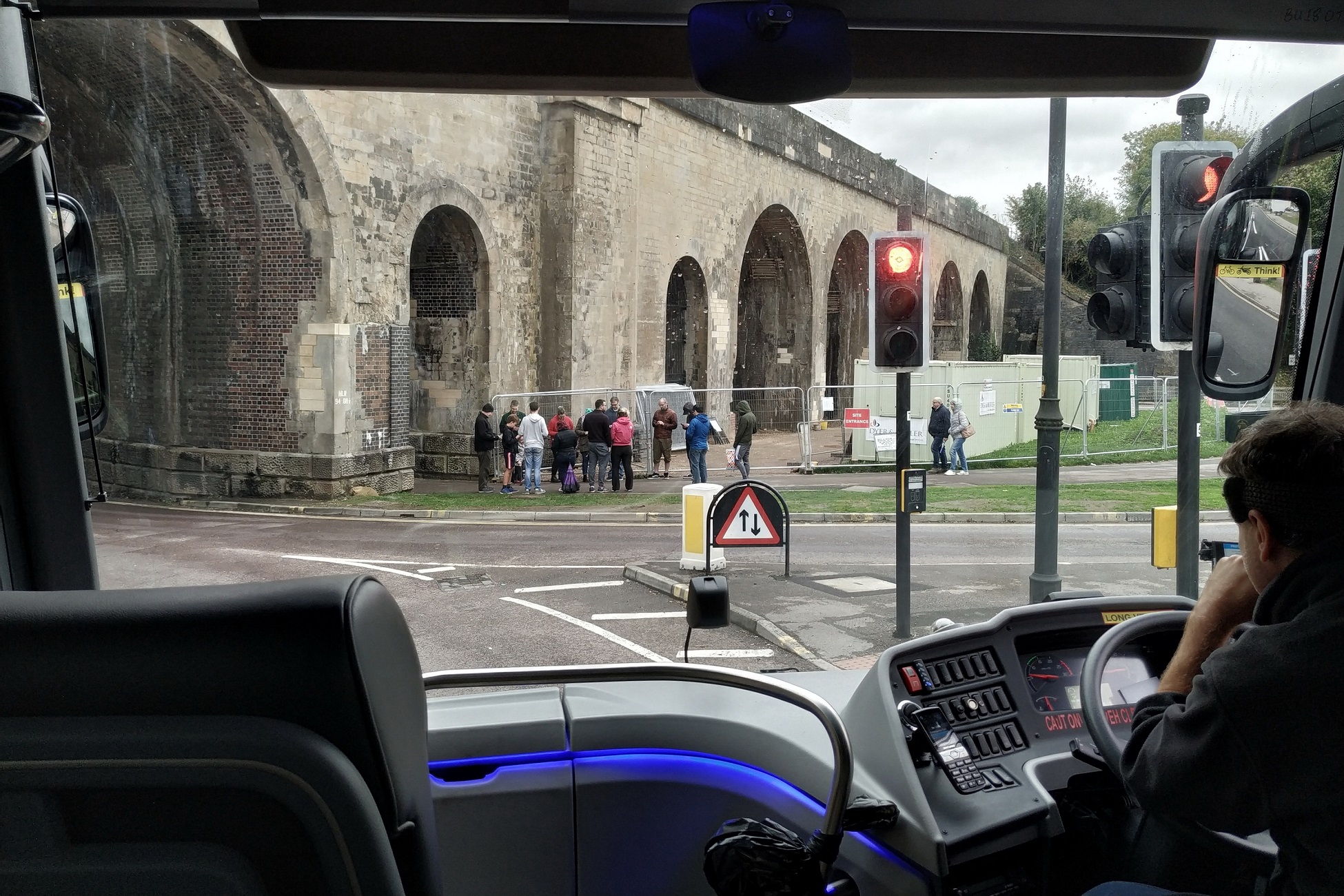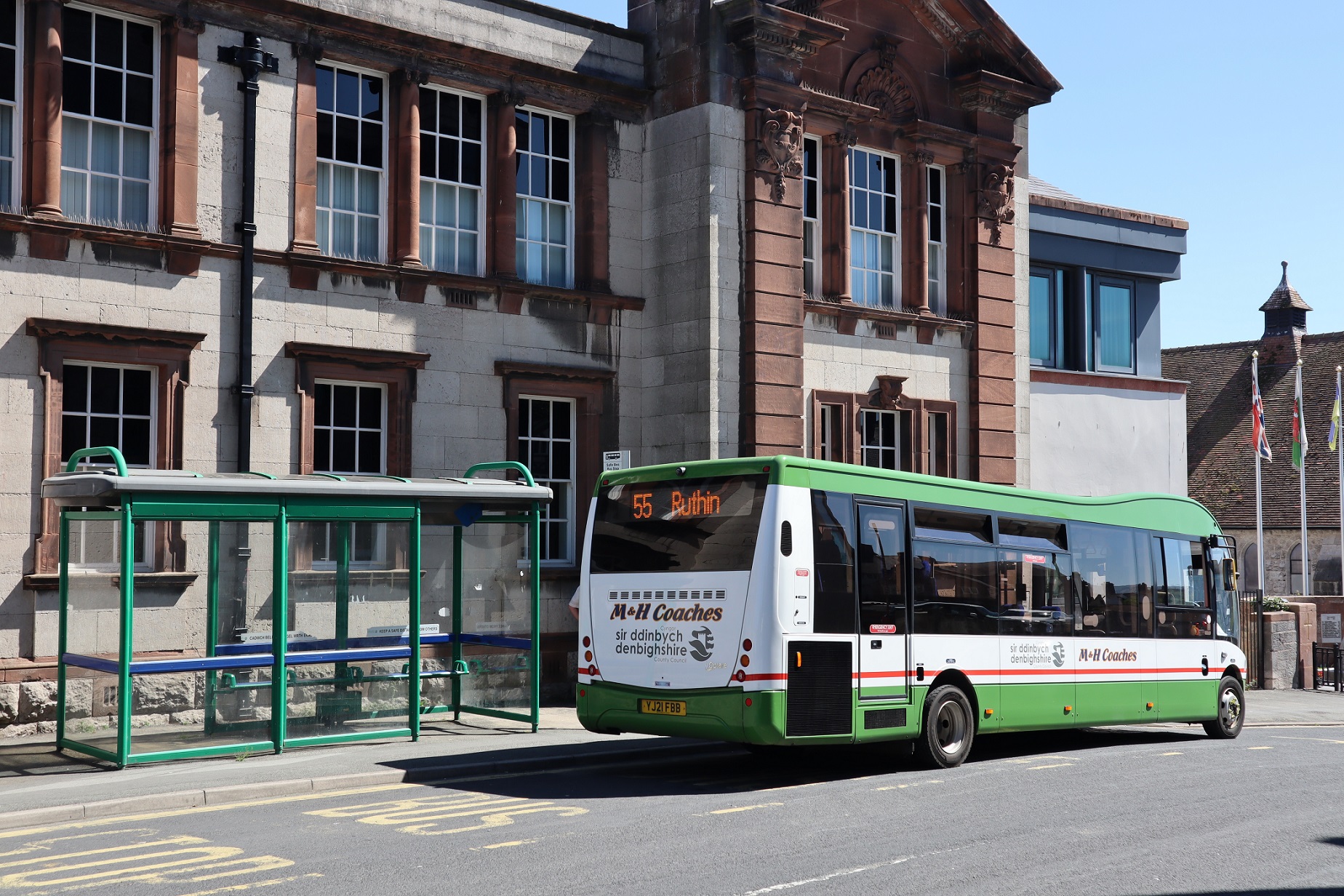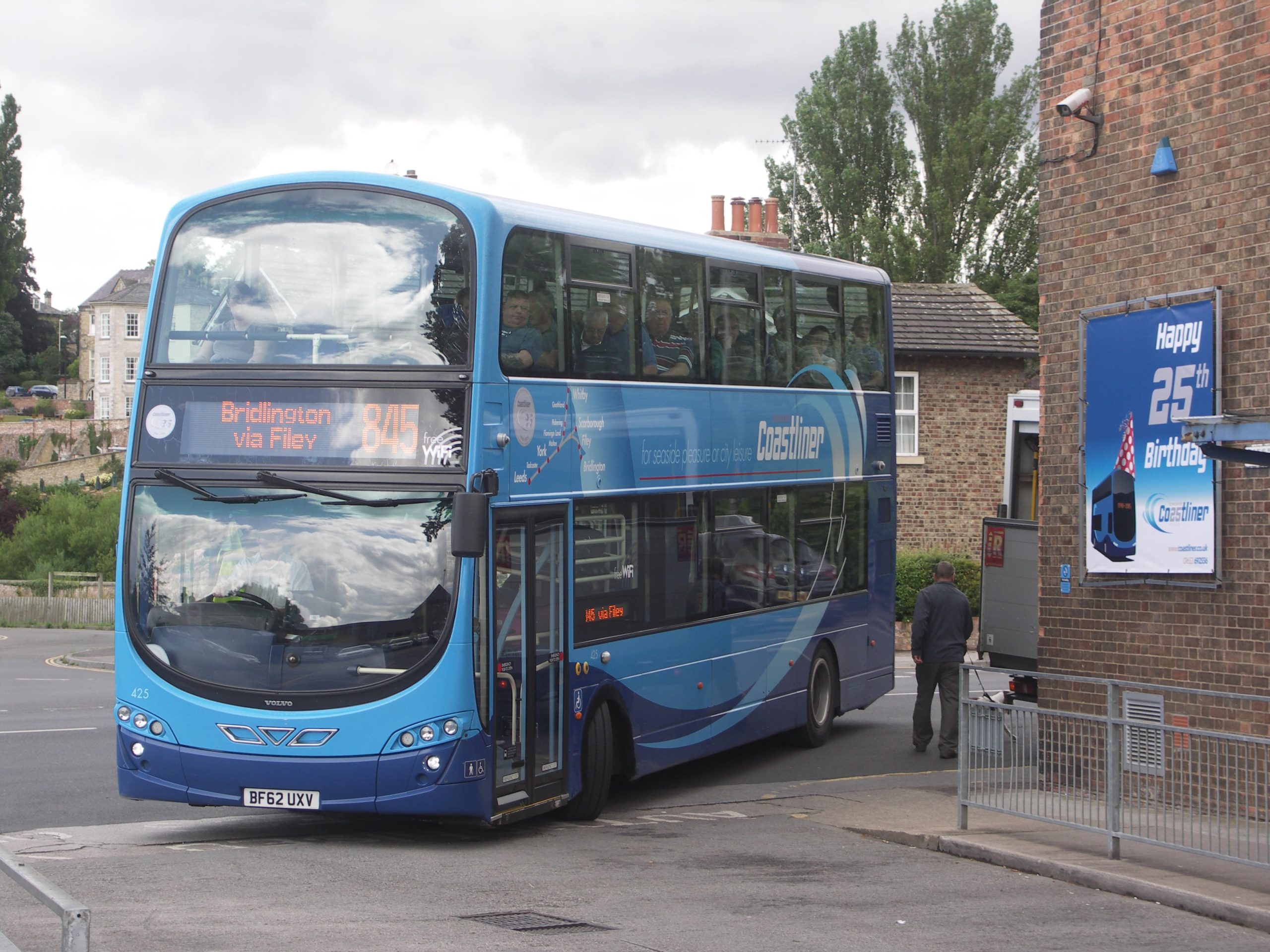The importance of bringing young people into the coach industry and developing their skills has been further highlighted in the aftermath of another call to remove the 50km, regular service restriction that in the UK applies to PCV licence holders aged under 20.
A joint letter from the European Passenger Transport Operators group and the International Road Transport Union to the Swedish Presidency of the European Commission (EC) sent in January cites studies showing that removing the 50km limit “does not present any safety risk.” The bodies want to see it dropped wherever it applies.
Wider rethink of how industry attracts young people needed
Any change that the EC may facilitate has no legislative weight in the UK. Some coach operators and trade bodies here see the 50km, regular service stipulation placed on PCV drivers aged under 20 as a barrier to recruitment of those individuals, but two of the latter want a wider rethink on how young people are brought into the sector.
A number of operators previously highlighted that the present arrangement would make it difficult to fully utilise drivers that are subject to the restriction. By the time that potential recruits are out of its scope, they have often found careers elsewhere.
The Managing Director of a coach company in central England has described the situation as “antiquated,” adding that such an opinion is likely to be echoed by many peers in the sector.
That business has strong working relationships with local schools. Those establishments have indicated that “there is a potential pool of leavers that would consider a career in coach driving, but not driving a local service bus until they are old enough to work unimpeded,” the MD says.
Businesses ‘would value more flexibility with young coach drivers’
The UK Coach Operators Association (UKCOA) takes a balanced view on the restriction, but it wants greater flexibility for businesses that see benefits in its relaxation.

UKCOA MD Peter Bradley adds that government support for coach driving apprenticeships as part of wider backing for industry recruitment would be highly beneficial.
While driving apprenticeships exist, it is understood that reform to simplify the delivery mechanism from an operator’s point of view is considered desirable.
Scope to utilise young drivers as the operator sees fit is important, Mr Bradley continues, although he notes that a more graduated move to working on an unrestricted basis may be beneficial for some of those employees where more time is needed to learn the job.
“A scheme with support from the government to allow operators to build drivers’ skillsets, if that is what they need, would be useful,” he adds, although for young staff that take to driving quickly and demonstrate high competence, “they should be able to go as and where required.”
RHA Operations Manager – Coach Sector Andy Warrender says that its coach operator members first discussed the 50km restriction two years ago. The consensus then was mixed; while no objections were raised, some were sceptical about how it would be approached by insurers.
Need to bridge gap between 18 and 20, says RHA
Even if the restriction is not removed entirely, “there needs to be something that bridges the current gap between 18 and 20 years of age,” Mr Warrender continues. “Any coach driver must be able to go further than 50km and be able to do more than scheduled work, although operators need confidence in their ability to do so when they are new to the industry.”
One suggestion is that an incremental approach could be adopted. Such a hypothetical arrangement could permit a maximum of 150km at age 18 and 250km at age 19, Mr Warrender offers.
“We must look at this in the round. Currently, young people leave school and they are lost to the coach industry. If we can bring them in at 18 and with a package of support – perhaps through enhanced training and monitoring or incremental increases in permitted distance from base – that could open the door.”
Both Mr Bradley and Mr Warrender highlight how difficulties bringing young people into coach driving is potentially also hindering development of the sector’s next leaders. “Operators lack staff in several key areas, not just as drivers,” says Mr Warrender. “If younger people do not come in as drivers, they cannot later move up to managerial positions.”
He adds: “There is plenty of scope to develop solutions to enable 18- and 19-year-olds to do more in the coach industry. People in that age group have a lot of choices and we must put our sector among them.”
What do you think? Email editorial@route-one.net
Download the joint EPTO/IRU letter of 24 January here.



























